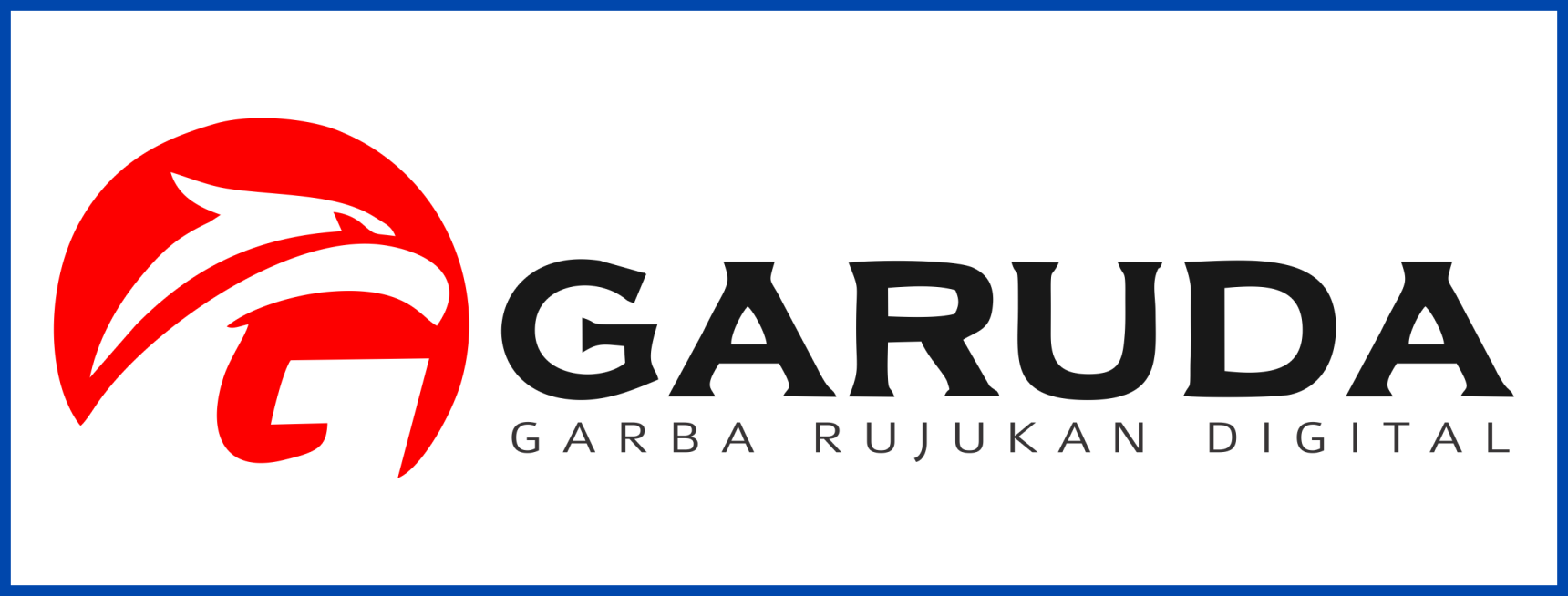Publication Ethics
The Jurnal Pengabdian, Riset, Kreativitas, Inovasi, dan Teknologi Tepat Guna (Parikesit) is committed to maintaining the highest standards of integrity and quality in academic publishing through the strict adherence to ethical guidelines. This publication ethics statement is based on the principles and guidelines set forth by the Committee on Publication Ethics (COPE), an international body that establishes ethical standards and best practices in scholarly publishing. We follow COPE guidelines to ensure that every stage of the publication process—from manuscript submission to publication—adheres to the highest ethical standards, providing protection for authors, reviewers, and readers, and ensuring transparency and fairness throughout the editorial process.
1. Editorial Independence and Integrity
1.1. Editorial Board Responsibility
- The Editorial Board ensures that all decisions regarding manuscript submissions are based solely on the relevance, originality, and quality of the research, free from any external influences or conflicts of interest.
1.2. Decision-Making Process
- Editorial decisions are made based on the merit of the work, and any conflicts of interest must be disclosed by editors and reviewers.
2. Authors’ Responsibilities
2.1. Originality and Plagiarism
- Authors must ensure that their work is original and properly cites any sources used. Plagiarism in any form is unacceptable, and submissions should not have been published elsewhere.
2.2. Authorship and Acknowledgment
- All individuals who have made significant contributions to the research should be listed as authors. Contributions by others should be acknowledged appropriately, and the corresponding author is responsible for ensuring all authors have agreed to the submission.
2.3. Conflict of Interest
- Authors must disclose any potential conflicts of interest that could be perceived as influencing the research or its interpretation.
3. Reviewers’ Responsibilities
3.1. Confidentiality
- Reviewers must maintain the confidentiality of the review process and not use any information from the manuscript for personal gain.
3.2. Objectivity
- Reviews should be conducted objectively, with clear and constructive feedback. Personal biases and conflicts of interest should be avoided.
3.3. Timeliness
- Reviewers are expected to complete their evaluations in a timely manner to ensure the efficiency of the publication process.
4. Publishing Ethics
4.1. Publication Integrity
- The journal upholds high standards of publication ethics, ensuring that all published articles are accurate and trustworthy. Any errors or inaccuracies identified post-publication will be corrected promptly.
4.2. Corrections and Retractions
- If significant errors or inaccuracies are discovered in a published article, the journal will issue a correction or retraction as necessary to maintain the integrity of the scholarly record.
4.3. Plagiarism Detection
- The journal employs plagiarism detection tools to ensure the originality of submissions. Manuscripts found to contain plagiarized content will be rejected.
5. Ethical Guidelines
5.1. Research Ethics
- All research published in the journal must adhere to ethical guidelines, including obtaining necessary approvals from ethics committees and ensuring informed consent from participants.
5.2. Human and Animal Rights
- Research involving human subjects or animals must comply with relevant ethical standards and regulations, ensuring the welfare and rights of subjects are protected.
5.3. Transparency and Reproducibility
- Authors are encouraged to provide transparent and reproducible research methods to facilitate verification and replication of results.
6. Appeals and Complaints
6.1. Appeals Process
- Authors who wish to appeal decisions made by the Editorial Board should submit a detailed appeal letter outlining the grounds for the appeal. The Editorial Board will review the appeal and make a final decision.
6.2. Complaints Handling
- Any ethical concerns or complaints regarding published articles or the publication process should be directed to the Editorial Board, which will address the issue following established procedures.








